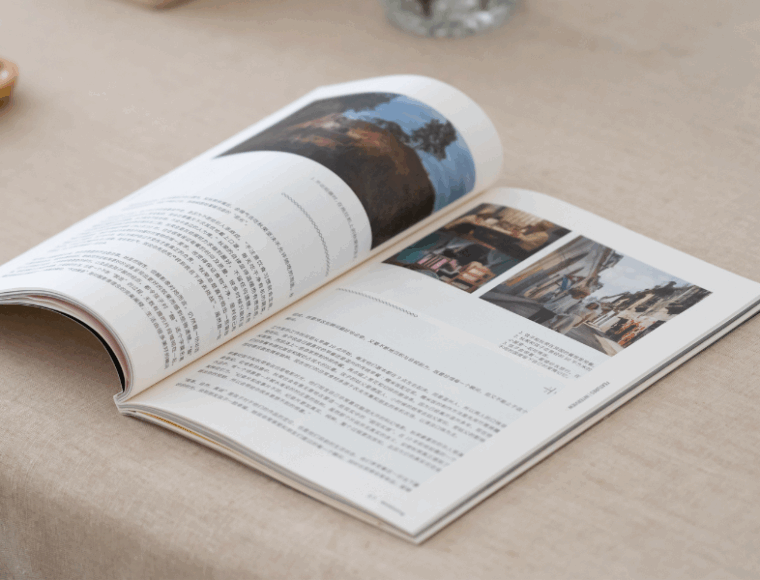


Browse Our Newsletter
Healing Systems, Not Just People: Healing Health Inequalities
Read more

“This is only a foretaste of what is to come, and only the shadow of what is going to be” – Alan Turing in an interview with The Times newspaper, 11th June 1949.
When we were reminded of LGBT+ History month, I immediately thought of one of my heroes who is about to be the face on the new £50 note later this year – Alan Turing. His quote above will be printed on the notes, acknowledging his contribution to the Allies victory in World War 2.
During World War 2, the German army was using an electromechanical device called Enigma to encrypt messages between its North Atlantic submarine fleet and the German Admiralty, giving them a considerable advantage over the Allied Forces. Alan Turing’s work enabled the Allies to reverse this by deciphering Enigma’s secrets, putting an end to the blockades on the English coast and changing the outcome of the war radically. It is generally accepted that Winston Churchill said in private that Turing had made the single biggest contribution to the Allied Victory.
After the war, Turing’s work contributed to the development of computer technology and he became one of the pioneers of what we now know as Artificial Intelligence.
In 1952, just a few years before I was born, Alan Turing was accused of “insulting public morals” by engaging in same sex practices and was forced to undergo chemical castration as an alternative to imprisonment. Homosexuality was illegal at that time and not decriminalized in England until 1967 (1980 in Scotland and 1982 in Northern Ireland) and it is worth remembering that it was actually being a homosexual that was illegal, not just engaging in sexual practices.
Just two years later, at the age of 41, Alan Turing committed suicide by poisoning himself, his career destroyed and his reputation in shreds.
However, history has shown that Turing’s achievements were not forgotten and in 2009, then Prime Minister, Gordon Brown made an official apology on behalf of the British government for “the appalling way he was treated”. In 2013, the Queen granted Turing a posthumous pardon and in 2017, what is known as the ‘Alan Turing’ law in the UK pardoned all men who had been cautioned or convicted for being homosexual or for homosexual acts – 65,000 in total, 15,000 of whom were still alive in 2017.
And very soon that £50 note will pay tribute to Alan Turing, following other historical figures such as Sir Christopher Wren and James Watt. How times have changed for the better in just my own (relatively!) short lifetime.
There are so many examples of LGBT+ people who have changed history -my challenge to my colleagues is how many can we represent here over the coming month?
Colm Keegan, Director of Innovation and Impact